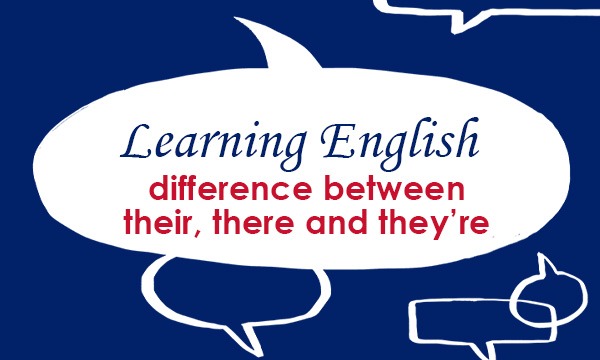Our last article showed you how you could tell people your name and how to say what you do.
Moving the conversation further along, a simple way to ask for information about places to stay or live is to start your sentence with Is … ?
Is it expensive?
Is it far from the city centre?
Is breakfast included in the price?
To ask if a place has something, use Is there … ?, or Are there any … ? .
Is there a hairdryer in the room?
Is there a TV?
Is there much noise from the neighbours?
Are there any good schools near here?
Are there any rules about having guests to stay?
Are there any more blankets?
You could also use Does … have … ? .
Does the flat have central heating?
Does the hotel have a swimming pool?
Does it have a garden?
Does it have anywhere to park?
You can ask questions using What … ? or Where … ? .
What is the name of the hotel?
What is the average price of a flat in this area?
What is the landlord’s address?
Where is the bar?
Where is the best area to live?
Where are the lifts?
To ask about time, use What time … ? .
What time is dinner?
What time do you lock the doors at night?
What time do we have to leave in the morning?
To ask about prices, use How much … ? .
How much is a double room per night?
How much rent do you pay?
How much do you charge for breakfast?
Useful words
expensive costing a lot of money
include to have something as one part
a hairdryer a machine that you use to dry your hair
a neighbour someone who lives near you
a guest someone who you invite to your home
a blanket a large, thick piece of cloth that you put on a bed to keep you warm
central heating a heating system that uses hot air or water to heat every part of a building
park to stop a vehicle and leave it somewhere
average the normal amount for a particular group
a landlord/landlady a man/woman who owns a building and allows people to live there in return for rent
a lift a machine that carries people or things up and down in tall buildings
lock to close a door or a container with a key
rent the money you pay to the owner of something to be able to use it yourself
charge to ask someone to pay money for something
Our next blog article will explain how you can ask for permission, or whether you are allowed to do something.



